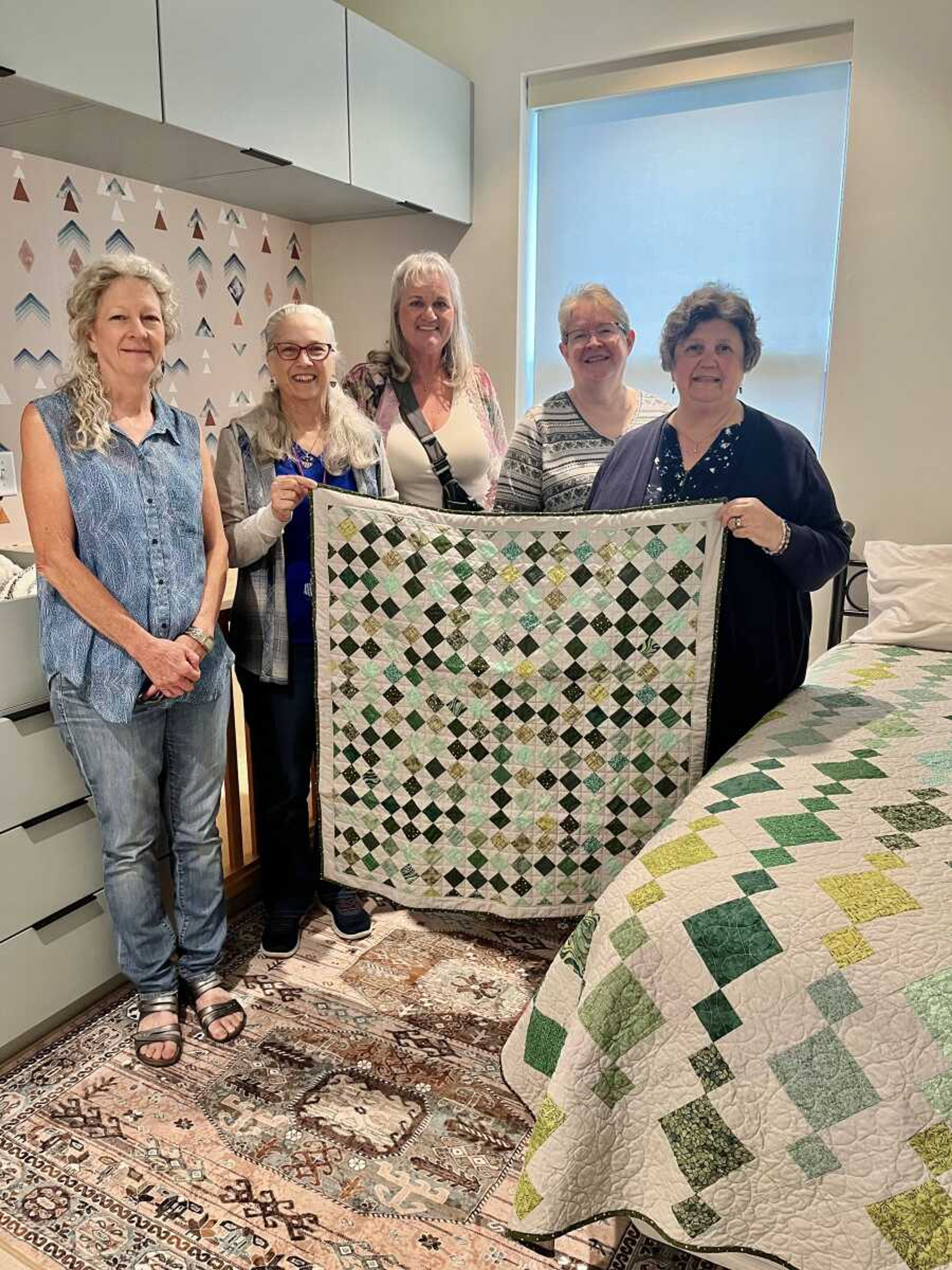February is AMD Awareness Month
For Immediate Release Contact: Jessica Estes at Leet EyeCare 573-334-2020 x102 for additional information. An estimated 10 million Americans show evidence of Age-Related Macular Degeneration (AMD), a progressive eye condition that can destroy "central" vision, according to Dr. Ryne C. Wood, Optometrist with Leet EyeCare...
For Immediate Release
Contact: Jessica Estes at Leet EyeCare 573-334-2020 x102 for additional information.
An estimated 10 million Americans show evidence of Age-Related Macular Degeneration (AMD), a progressive eye condition that can destroy "central" vision, according to Dr. Ryne C. Wood, Optometrist with Leet EyeCare.
"February is AMD Awareness Month and we encourage all people, especially those at higher risk for this disease, to familiarize themselves with the potential symptoms and need for regular eye examinations" Dr. Wood said. "To help people better understand this disease, we've prepared a list of Frequently Asked Questions about AMD."
Q: What is AMD?
A: AMD stands for Age-related Macular Degeneration, a disease that breaks down the macula - the light-sensitive portion of the retina that allows you to see fine detail. It blurs the central vision required for activities such as reading or driving.
Q: What causes AMD?
A: The causes of AMD are still unknown. One form of AMD (Dry) may be caused by aging and thinning of the macular tissues, pigment deposits in the macula, or a combination of the two. The other form of AMD (Wet), results when new blood vessels grow beneath the retina and leak blood and fluid. This leakage causes retinal cells to die and creates blind spots in central vision.
Q: Who is at risk for AMD?
A: Risk factors for AMD include: Age, Smoking, High Blood Pressure, Obesity and Family History of AMD. Also, Caucasians and females are more prone to AMD.
Q: What are the symptoms of AMD?
A: Early symptoms of AMD included blurred vision or dark spots in the center of vision. The symptoms can appear painlessly and gradually, making early detection and treatment essential.
Q: How can AMD be detected?
A: Early-stage AMD can be detected through a comprehensive eye exam that includes a visual acuity test and dilated eye exam. If AMD is detected, further tests may be required.
Q: Can AMD be cured?
A: There is no cure for AMD at this time. There are, however, certain treatments that can slow or minimize vision loss, and, in some cases, even improve vision.
Q: How is AMD treated?
A: There are several treatment options that your eye doctor may consider, including:
* Vitamins. Research suggests that certain vitamin supplements taken in combination may reduce vision loss in some stages of AMD
* Laser Surgery (Wet AMD)
* Injections (Wet AMD)
"While there is no cure for AMD, early detection and treatment can slow or minimize vision loss, and, in some cases even improve vision." Dr. Wood said. "There are also devices that can help people suffering from AMD-related vision loss achieve improvement in their functional vision for performing daily routines."
Dr. Wood practices at Leet EyeCare at both locations to best serve you:
3230 Blattner Drive
Cape Girardeau, MO 63703
573)-334-2020
or
856 N. Kingshighway
Cape Girardeau, MO 63701
573)-334-0828
Connect with the Southeast Missourian Newsroom:
For corrections to this story or other insights for the editor, click here. To submit a letter to the editor, click here. To learn about the Southeast Missourian’s AI Policy, click here.










